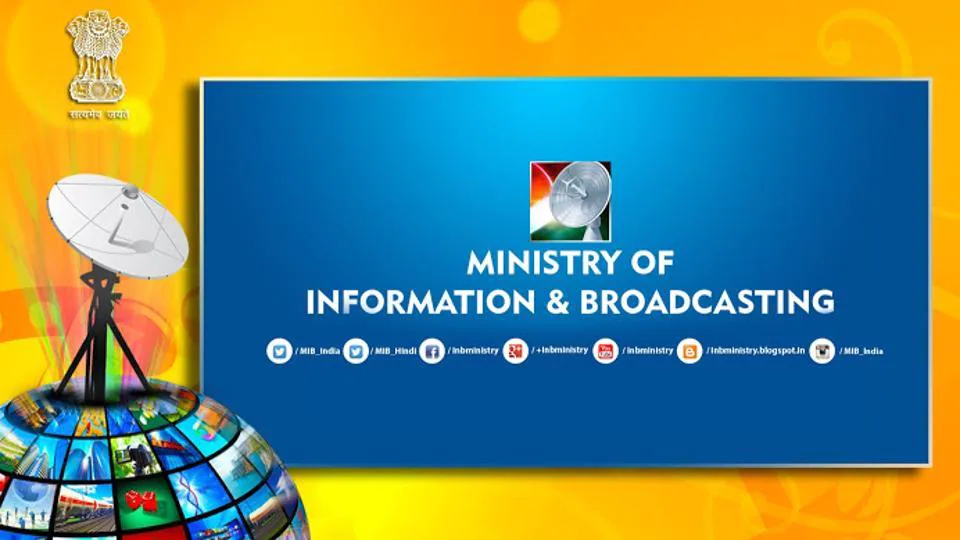The Indian government’s recent advisory to print, electronic and digital media not to accept ads from online gambling platforms is a welcome move that won’t affect legal skill-based gaming, writes i-gaming consultant Jaydeep Chakravartty.
The Indian Information and Broadcasting Ministry issued the advisory earlier this month after meeting with stakeholders representing media, consumer bodies, the gaming industry and the Advertising Standards Council of India (ASCI).

“Betting and gambling, yet to be regulated in most parts of the country, pose significant financial and socio-economic risks for the consumers, especially youth and children,” stated the advisory, which was issued to print, electronic and digital media. Hence, it is very important now to start considering a regulated environment where we can protect the most vulnerable parts of our society.
“The advertisements of online betting are misleading, and do not appear to be in strict conformity with the Consumer Protection Act 2019, Advertising Code under the Cable Television Networks Regulation Act, 1995, and advertisement norms under the Norms of Journalistic Conduct laid down by the Press Council of India under the Press Council Act, 1978,” it added.
The advisory will not affect skill-based games which are legal according to the Indian constitution.
The advisory also put an embargo on advertisements featuring people younger than 18 years of age.
We welcome the move and with the advisory put in place, we think that it will not impact all online gaming platforms, especially the ones who offer skill-based games and can legally offer their services in India.
The advisory has outlined the difference between ‘games of skill’ and ‘games of chance’ precisely and we have found this new advisory to be a welcome reference point on ‘what should be done’ and ‘what should not be done.’
The ones whose major offering consists of luck-based games might need to change their media and advertising strategies to comply with the advisory.
Furthermore, the Indian gaming industry will get clarity on what can or cannot be included in the advertisement’s content. The move is a big drive that will generate a more creative approach to ads, we think.
The growth trajectory of this industry has led to an increasing need for a regulatory framework to ensure integrity and transparency.
With the proliferation of entertainment options across online media platforms, the online gaming industry represents an avenue for unprecedented growth.
Gaming is one of the fastest-growing sunrise industries in India, clocking 40 percent growth in 2019–20. The industry generated $1.5 billion in net revenue during this period and is expected to surpass $5 billion by 2025. It’s easily outpacing other forms of media and entertainment and recently overtook the US in terms of its user base, which now exceeds 300 million.

The total number of Indian online gamers surged by 8 percent from 360 million in 2020 to 390 million in 2021. Experts predict that this number will hit 450 million by 2023.
Currently, most of the gaming companies in India from Esports to fantasy gaming companies and hyper-casual gaming companies, along with card-based games, have been declared skill-based games rather than betting and gambling by High Courts in individual states and the Supreme Court.
Many betting companies have moved into skill-based games, which allows them to advertise in India. The new advisory will certainly impact players who specifically work in the betting platform space and whose marketing mandates are to attract Indian users.
I believe that a section of advertisers might adopt the route of surrogate advertising. The surrogate ads might not be as effective for online gaming platforms since their business models have emerged recently and still need to build awareness through marketing campaigns.
Here we should explain clearly the difference between betting and skill-based games.
A game is classified as a skill-based when the outcome depends predominantly on the skill of the player, as opposed to games of pure chance.
In India, there is a strict prohibition on participation and offer of money in games of chance.











